The billionaires' space race between Jeff Bezos, Sir Richard Branson, and Elon Musk
Billionaire space ambitions
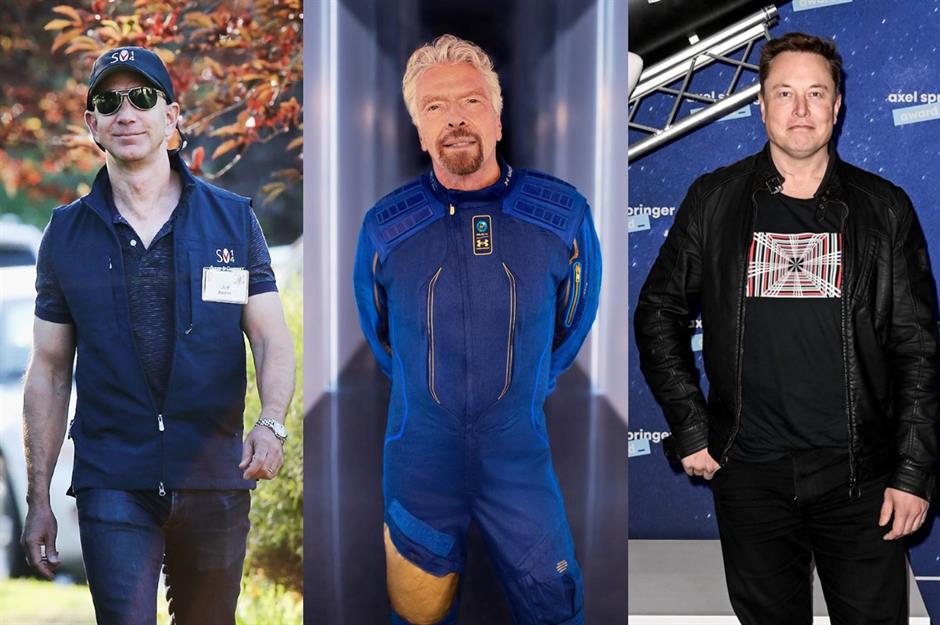
On 11 July 2021, British billionaire Sir Richard Branson successfully flew to space, beating his rival Jeff Bezos by a matter of days.
At 50,000 feet (15.2km), his Virgin Galactic spacecraft detached from the mothership and flew independently to 55 miles (88km) above the Earth, where Branson and his crew experienced around four minutes of microgravity.
While Branson's flight was high enough for the crew to be classified as astronauts by NASA, this was contested by Bezos and his spaceflight company Blue Origin. When Blue Origin's spaceflight blasted off nine days later, they planned to pass the Kármán Line, which is 62 miles (100km) above Earth and more widely accepted as the boundary of space.
Read on to discover what happened next. All dollar amounts in US dollars, unless otherwise stated.
Some friendly competition
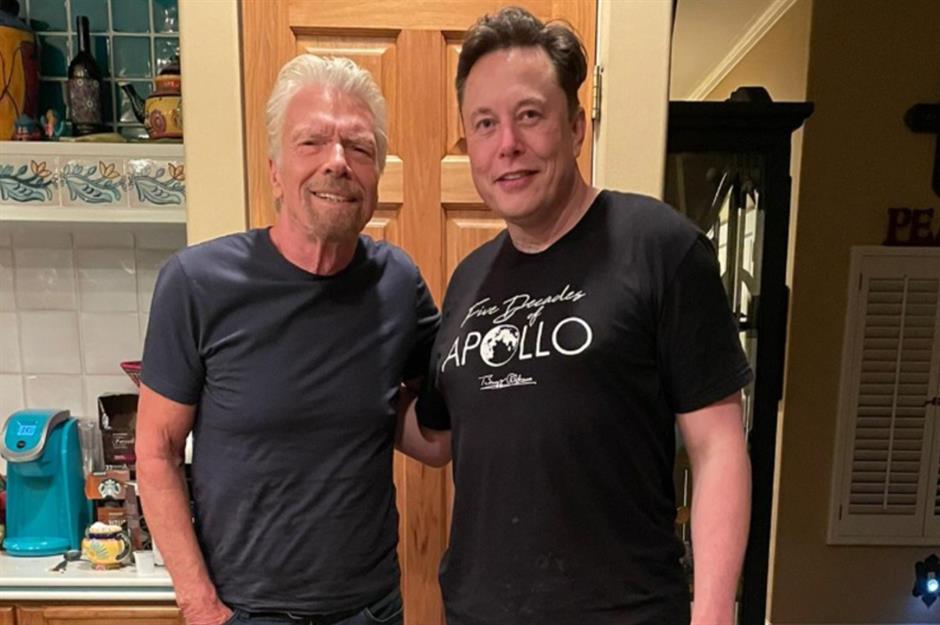
The rivalry isn't just between Branson and Bezos. Rather, the third contender in this modern space race is the maverick billionaire Elon Musk, who is officially the richest person on – and off! – Earth.
Despite his own cosmic ambitions with SpaceX, Musk openly displayed his support for Branson ahead of the British billionaire's voyage last year, going so far as visiting Branson at his home on the morning of blast-off to wish him luck (pictured).
In fact, Branson told UK newspaper The Sunday Times that Musk has paid a $10,000 (£8.2k) deposit for a seat on a future Virgin Galactic voyage, adding: "Elon’s a friend and maybe I’ll travel on one of his ships one day".
But the ambitions of Bezos, Branson, and Musk are greater than just space tourism...
What inspired the space race?
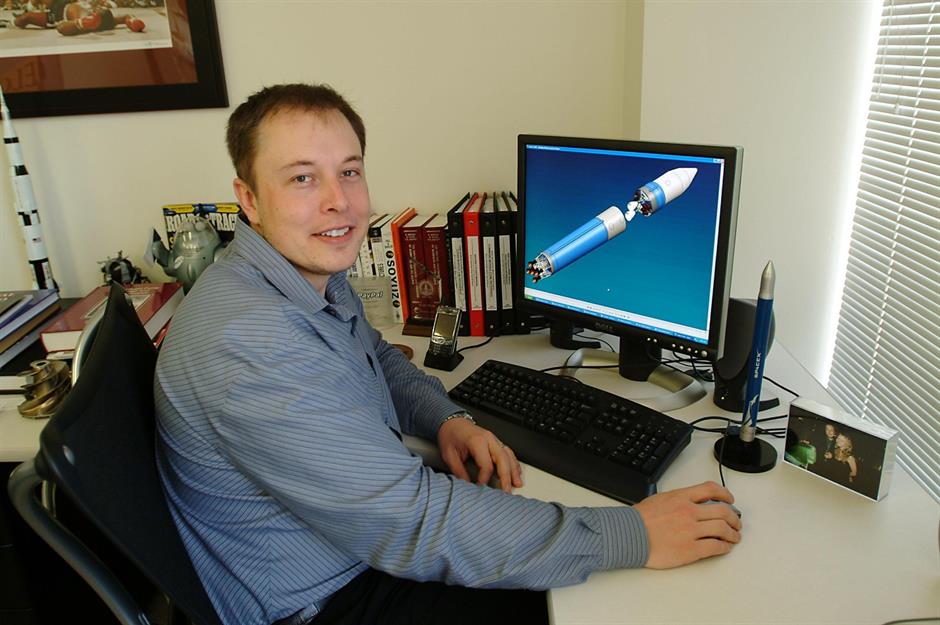
The trio have all had a long obsession with space. Jeff Bezos’s grandfather spent decades working on space technology and missile defence systems, which fascinated the Amazon founder during annual childhood trips to the family ranch in South Texas.
Elon Musk enjoyed building rockets and making explosives in his childhood; in a 2017 interview with Rolling Stone the Tesla CEO joked that he was "shocked" he still had all 10 fingers intact.
Richard Branson, meanwhile, was reportedly inspired to establish Virgin Galactic when he appeared on TV show Going Live! back in 1988 and a child asked if he’d ever thought of going to space.
Making dreams a reality
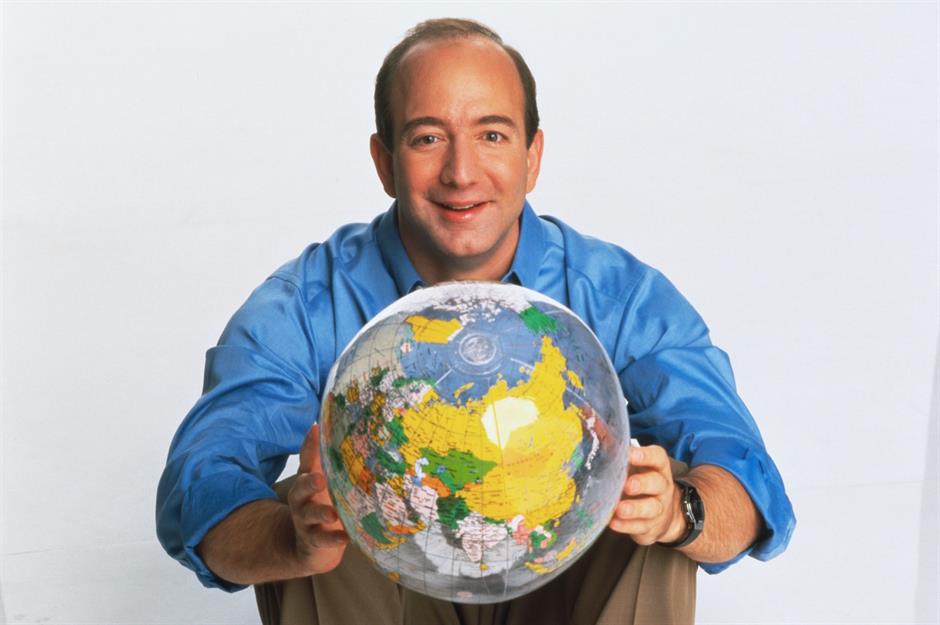
Technology has come a long way since Musk, Bezos, and Branson first dreamed of launching rockets to the moon, and each man has developed his own billion-dollar venture to try and make their intergalactic fantasies a reality.
Jeff Bezos was the first to launch a spacecraft company, founding Blue Origin in 2000. Elon Musk was hot on his heels with SpaceX, which went live in 2002, while Richard Branson’s Virgin Galactic burst onto the scene in 2004. So what’s the difference between the three organisations?
Inside SpaceX
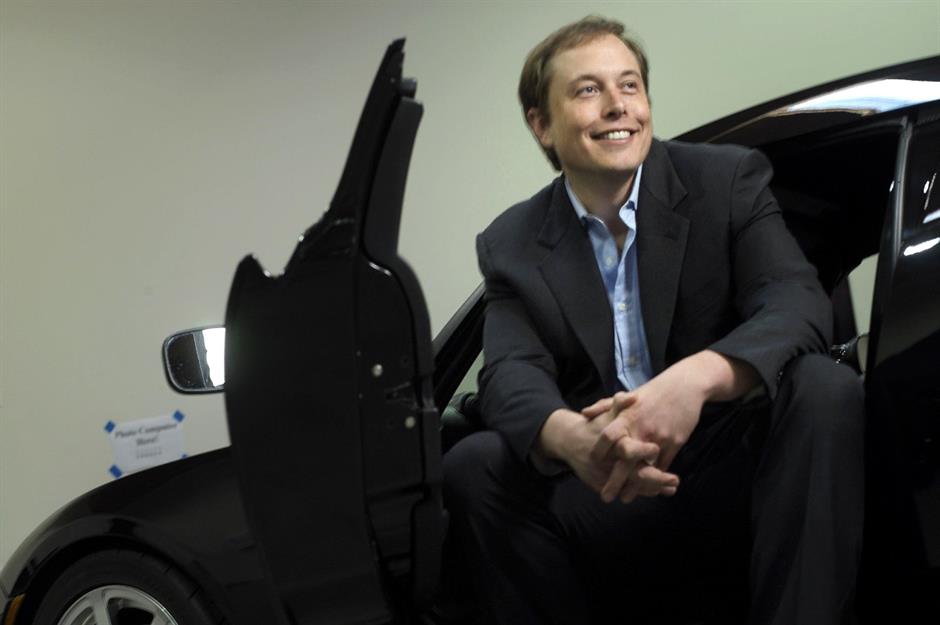
Elon Musk may be best known as the CEO of electric vehicle giant Tesla but his out-of-this-world pet project SpaceX was actually on the scene a year before Tesla was established – and six years before Musk seized the reins of the electric car company in 2008.
That same year, SpaceX marked itself as a serious contender in the space race when it sent the first privately-funded liquid-propellant rocket into orbit around Earth.
And the Falcon One rocket was just the first in a long line of space-bound vehicles that would be designed by Elon Musk’s company…
SpaceX's record-breaking rockets
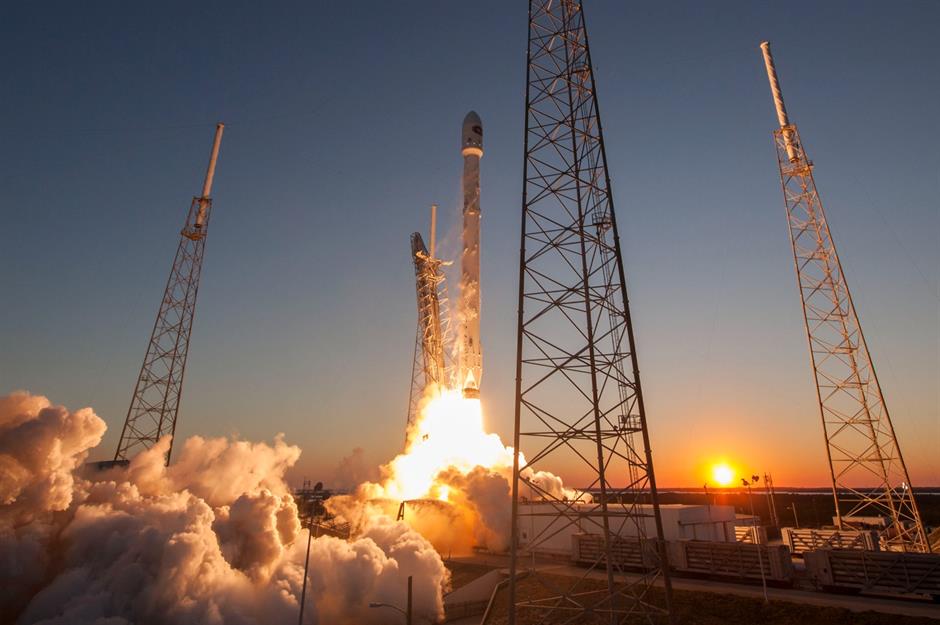
Since that first successful launch into orbit, SpaceX has continued to lead the way – and to smash records in the process.
The company’s unmanned Falcon-9 rocket (pictured) was the first of its kind to land upright after it sent 11 satellites into orbit in 2015.
In May 2020, SpaceX’s Dragon spacecraft became the first privately-owned crewed vehicle to reach the International Space Station (ISS).
Just 11 months later, in April 2021, SpaceX also successfully launched the first-ever crew to be propelled into orbit by a recycled rocket booster.
Soaring funds and rocket records
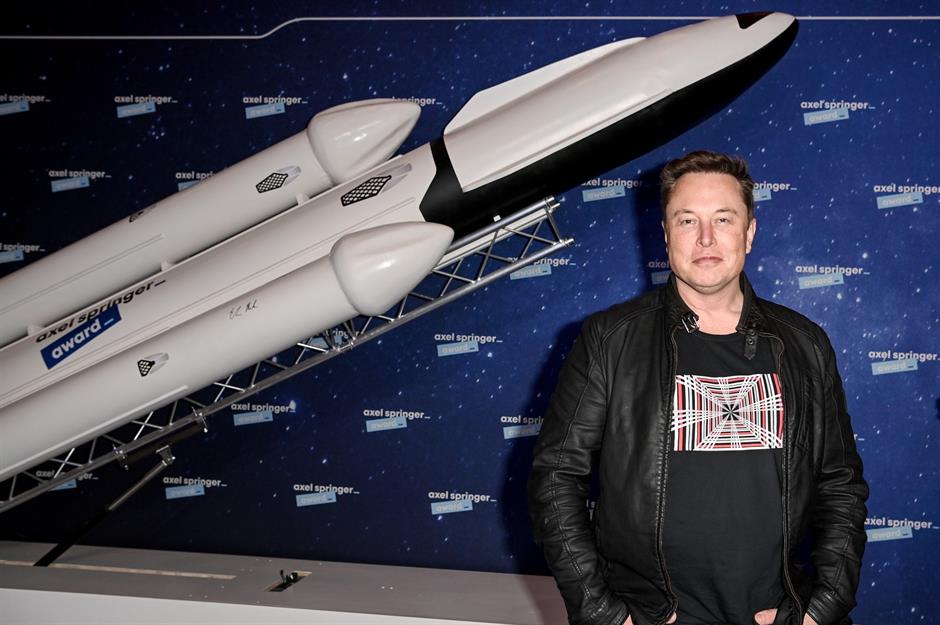
When it comes to the commercial space race, SpaceX certainly isn't trailing behind – particularly when it comes to government contracts.
In 2014, it beat Bezos's Blue Origin in the battle for the rights to lease the 39A rocket launch platform that was used for the Apollo 11 moon missions.
Blue Origin was thwarted once again in April 2021 when NASA awarded SpaceX a $2.9 billion (£2.1bn) contract to build a spacecraft that would put humans on the moon. Through its various offshoots, SpaceX has raised colossal funds, being valued at $125 billion (£103bn) in June 2022.
As its funds have soared, so too have SpaceX's rockets – and the company has reached some truly remarkable milestones.
This April, for example, a SpaceX flight carried the first NASA crew that was split equally between male and female astronauts. And by 22 July, the firm had already broken its own record for the number of flights launched in a calendar year with its 32nd takeoff and much of the year to go.
SpaceX's mission to Mars
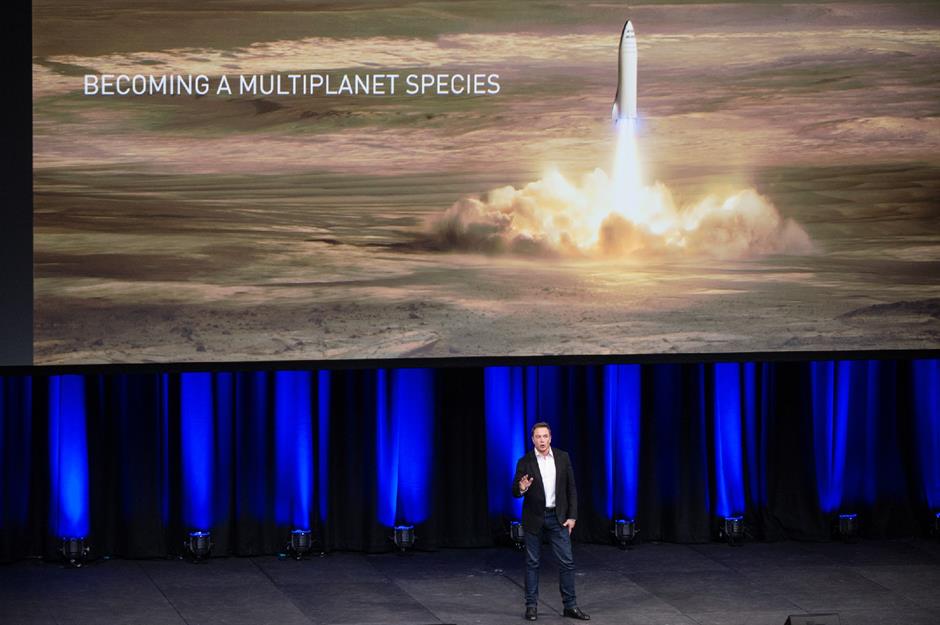
Successes and moon missions aside, Musk has declared that he is "highly confident" that SpaceX will be sending people to Mars by 2026. In a December 2020 webcast interview, he suggested this date could even be as early as 2024 if the company is "lucky".
And of course, the world’s richest man doesn’t want to send just one or two people to the Red Planet.
In April 2021, Musk laid out of his vision for colonising Mars and summarised: "we don’t want to be one of those single planet species, we want to be a multi-planet species".
The roots of Blue Origin
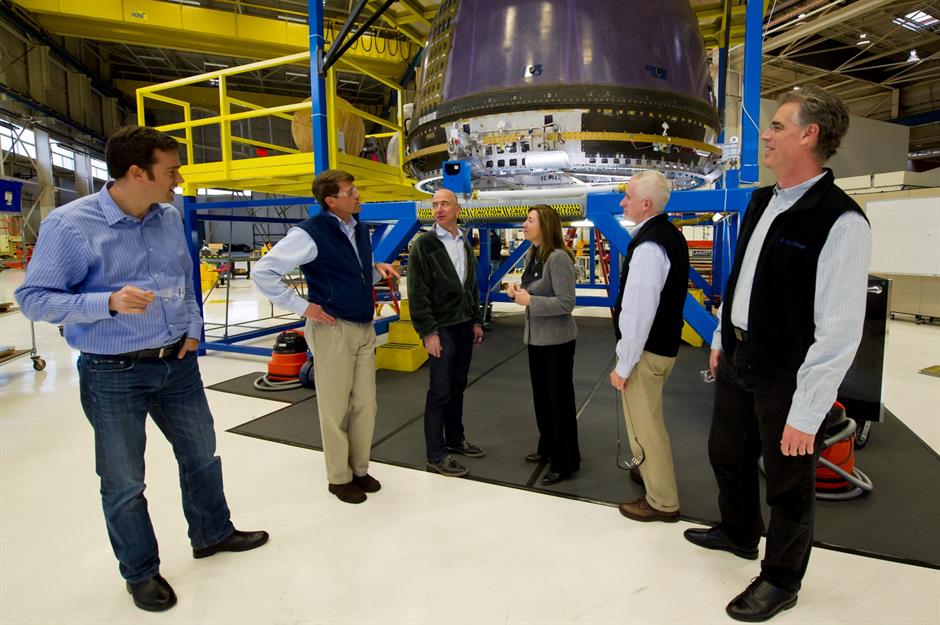
Jeff Bezos was inspired to establish Blue Origin after watching the movie October Sky (1999), which stars Jake Gyllenhaal and tells the story of NASA astronaut Homer Hickam.
When discussing the film afterwards with sci-fi author Neal Stephenson, the writer encouraged Bezos to follow his dreams and launch his space-bound business.
However, the company didn’t really step into the limelight until around a decade later, when it first started testing its reusable rocket system, New Shepard.
New Shepard makes history
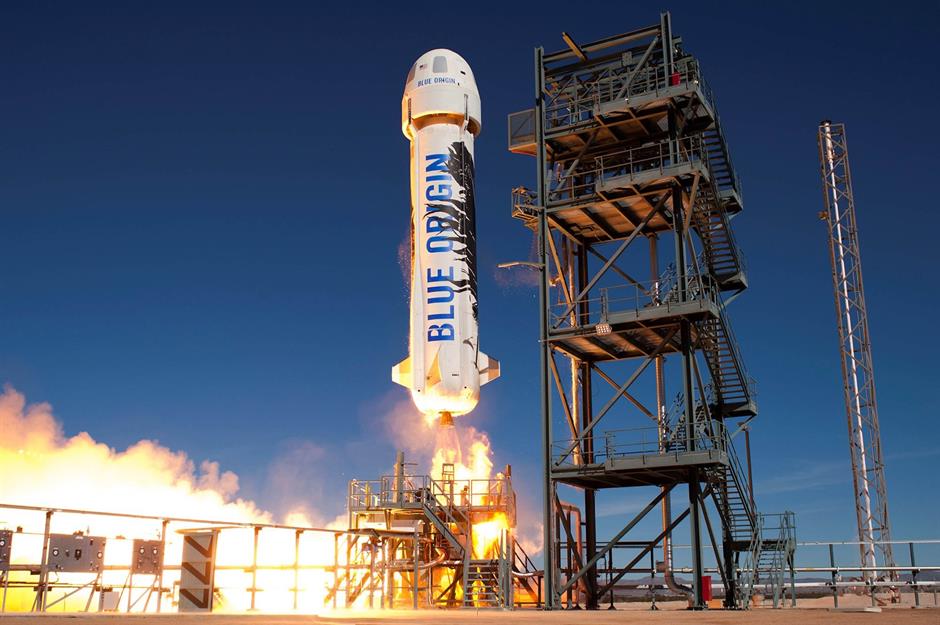
New Shepard was the first reusable rocket in history to launch and land again successfully. By July 2021, it had made 15 consecutive journeys to space and back.
Bezos was ready for the journey of a lifetime...
Bezos takes off
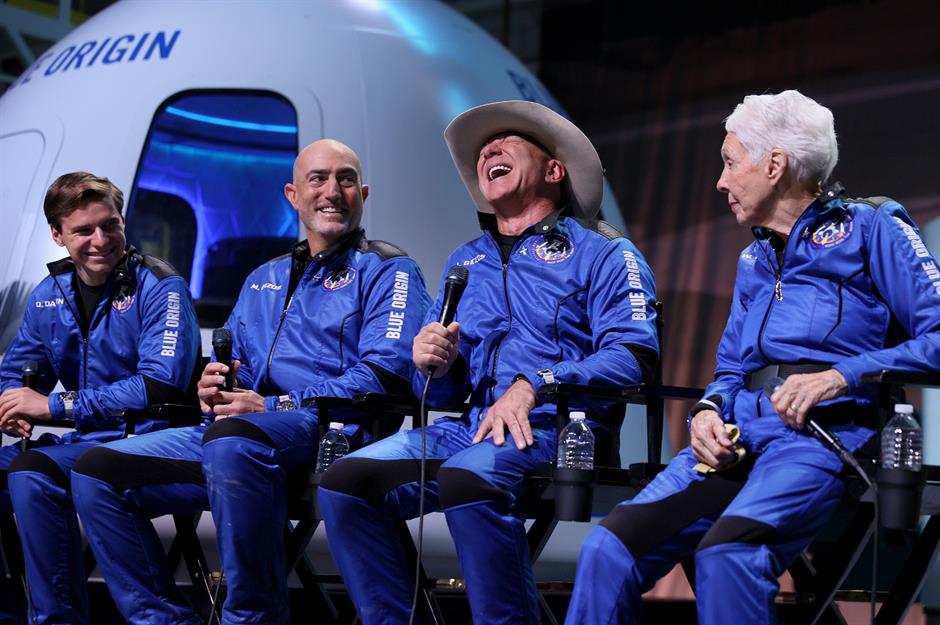
On 20 July 2021, Bezos achieved his goal of travelling to space. He was joined on-board by his brother Mark and 82-year-old aviation legend Wally Funk (pictured on the right).
Funk had trained privately to become an astronaut back in the 1960s but was denied the chance to go to space because of her gender. On boarding Bezos's rocket, she became the oldest person at that point in history to go to space.
The fourth seat on Bezos’s rocket was auctioned off for a hefty $28 million (£23m).
The youngest astronaut...

The auction winner initially remained anonymous but was later revealed as Chinese crypto entrepreneur Justin Sun after he was forced to drop out due to a "scheduling conflict".
Sun was replaced by 18-year-old Dutch high school graduate Oliver Daemen (pictured), whose father is Joes Daemen, CEO and founder of Netherlands-based private equity Somerset Capitol Partners.
It's thought that Oliver had bought a seat on the second Blue Origin flight but his ticket was upgraded to the first flight when Sun pulled out. This made Oliver Bezos's first paying customer, as well as the youngest person to ever voyage to space.
...and the oldest
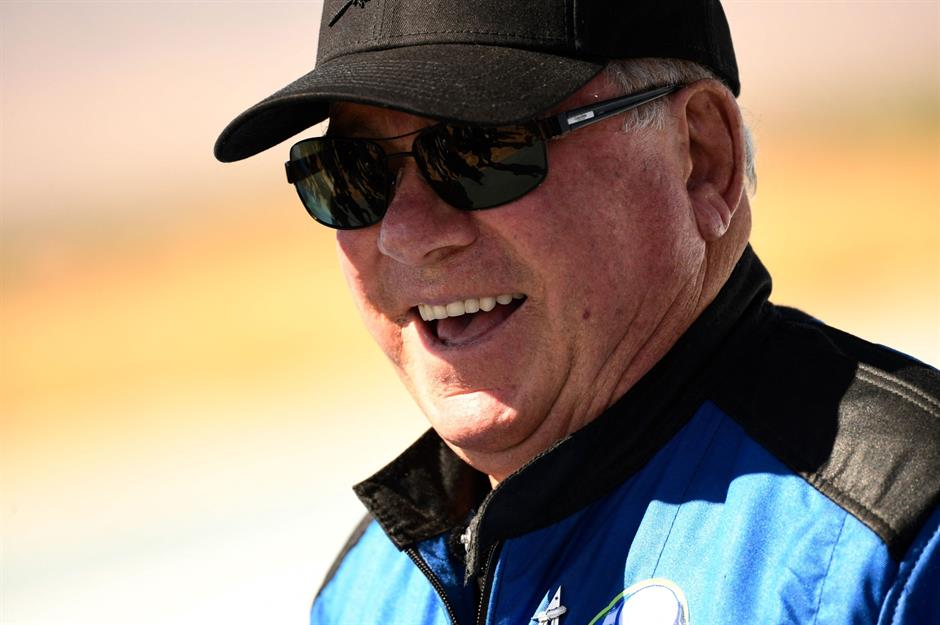
The mission of 20 July was a huge success, with the ship passing the Kármán Line 62 miles above Earth.
According to some, this makes Bezos – rather than Branson – the true winner of the commercial space race. Video footage from the cabin at peak altitude revealed the crew floating and spinning about, with Bezos, making the most of the weightlessness, tossing Skittles into the mouths of his crewmates.
Building on the success of the July mission, a new Blue Origin flight took to the skies in October 2021. The new crew included legendary actor William Actor, who's best known for playing Captain Kirk in the original Star Trek series. Aged 90 years at the time, he stole Wally Funk's title as the oldest-ever astronaut to fly in space.
Virgin Galactic enters the race
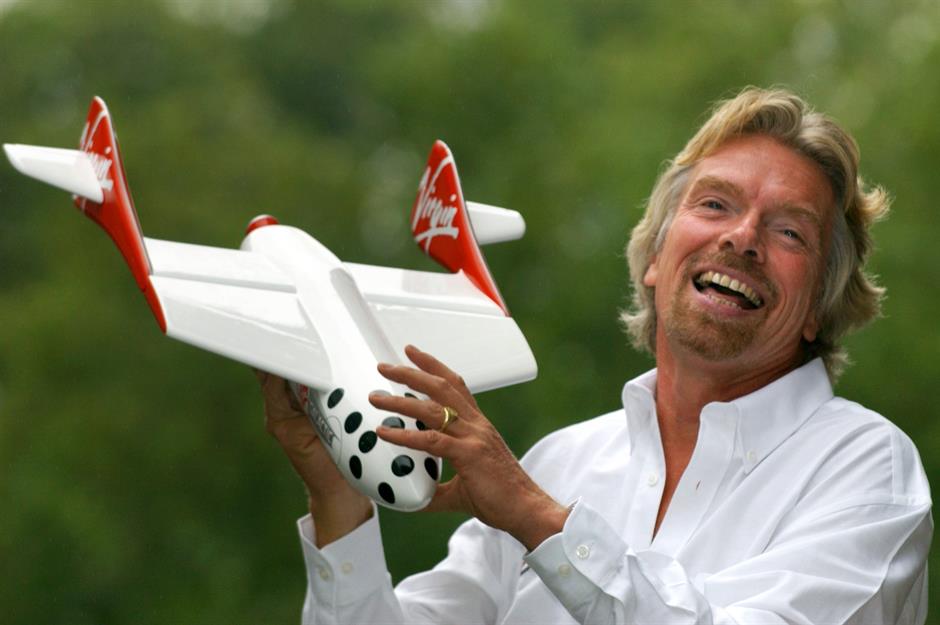
The last of the three companies to join the space race in 2004, Virgin Galactic is similar in many ways to Sir Richard Branson’s other travel-focused companies.
The key difference, of course, is that Virgin Galactic focuses less on relaxing by the pool and more on experiences that are quite literally out of this world.
Virgin Galactic’s journey to become a serious contender has been a little bumpier than that of its rivals, however…
Delays and devastation
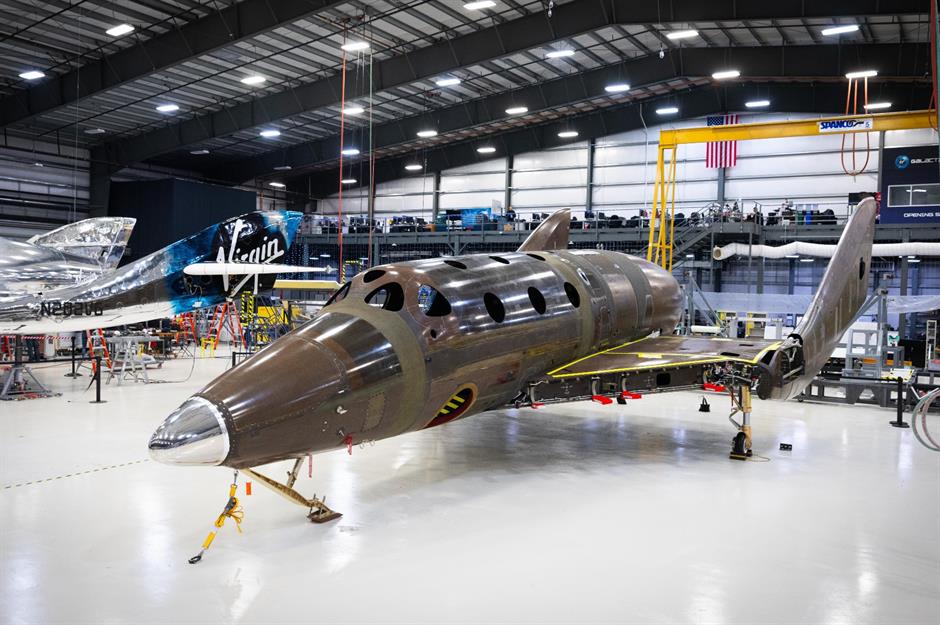
Branson had initially suggested that seats on his commercial space vehicle SpaceShipTwo would be ready and available by 2009. However, the company was plagued with serious issues that drastically delayed take-off.
A fatal explosion in 2007 tragically killed three employees at a site where SpaceShipTwo was being developed. Seven years later, a test flight of VSS Enterprise (one of the SpaceShipTwo models) ended in a crash that tragically killed one pilot and seriously injured the other.
Both incidents resulted in testing being temporarily suspended.
Out-of-this-world ticket sales
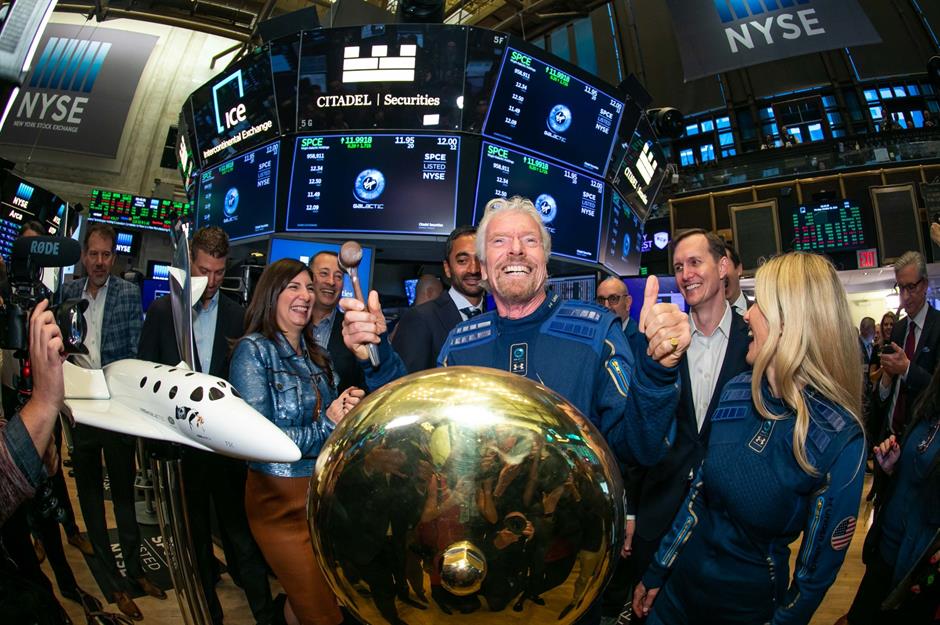
Despite the rocky development schedule, tickets for Virgin Galactic's space flights eventually went on sale and were snapped up.
As of April 2013, around 600 people have paid deposits for their trips to space, with tickets reportedly costing as much as $250,000 (£209k).
Virgin Galactic: winner of the space tourism race?
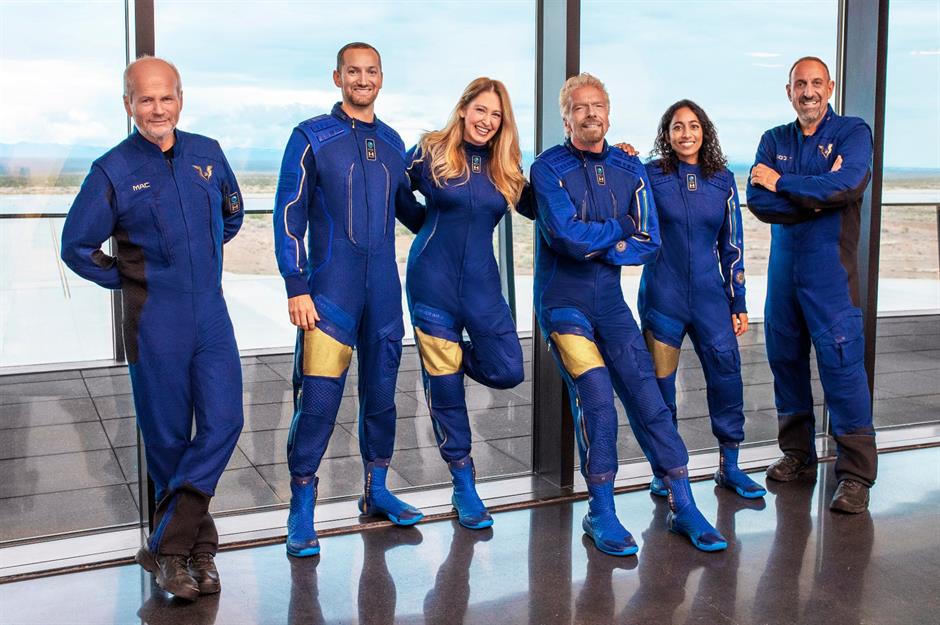
Virgin Galactic may not be the winner of the overall private space race but, in terms of the billionaire who first reached the outer limits of Earth's atmosphere, Branson managed to beat Bezos to the title by just nine days.
The world was watching when the momentous launch went ahead as planned on 11 July 2021. Landing back on Earth, Branson described it as the "experience of a lifetime".
You might be able to share in that experience: Branson announced in February 2022 that Virgin Galactic tickets were going up for sale once more.
There is one catch, though. Perhaps predictably, a ticket isn't cheap, and you'll need an eye-watering $450,000 (£370.6k) to secure your trip to the stars. Maybe it's time to sell the house...
It's not just billionaires who are reaching for the stars: find out more about the modern-day space race.
Comments
Be the first to comment
Do you want to comment on this article? You need to be signed in for this feature
Most Popular
Features How Michael Jackson's children boost their bank balances